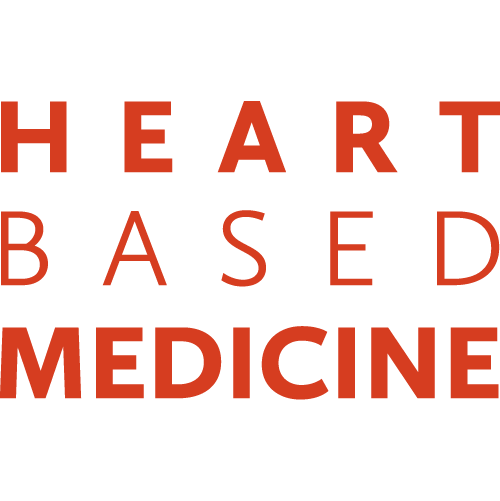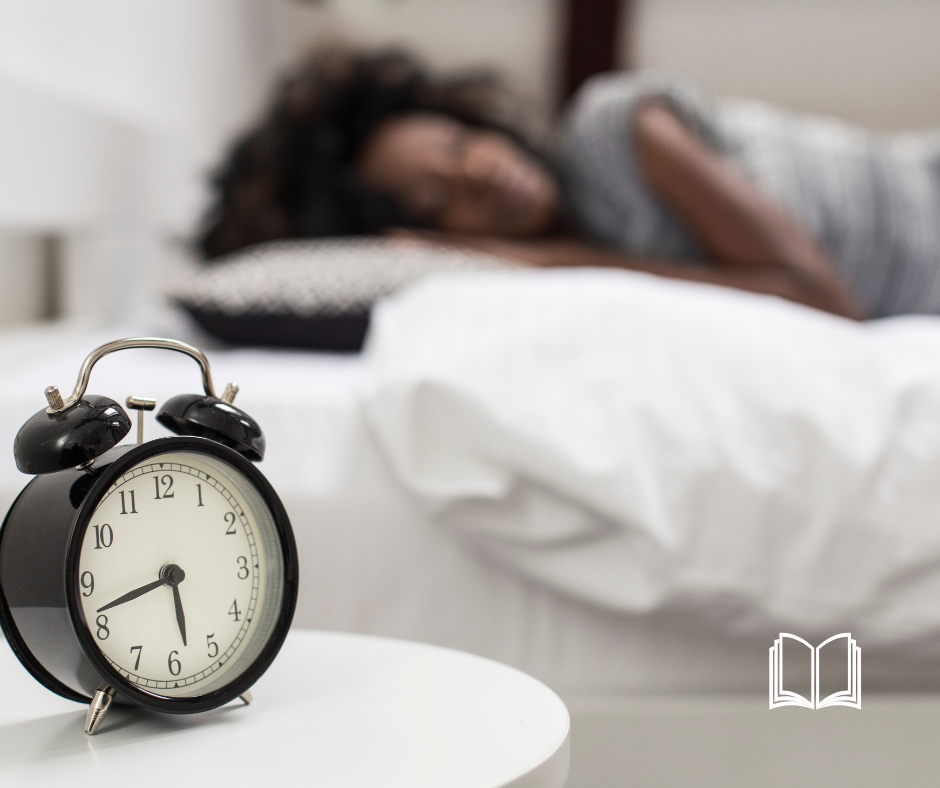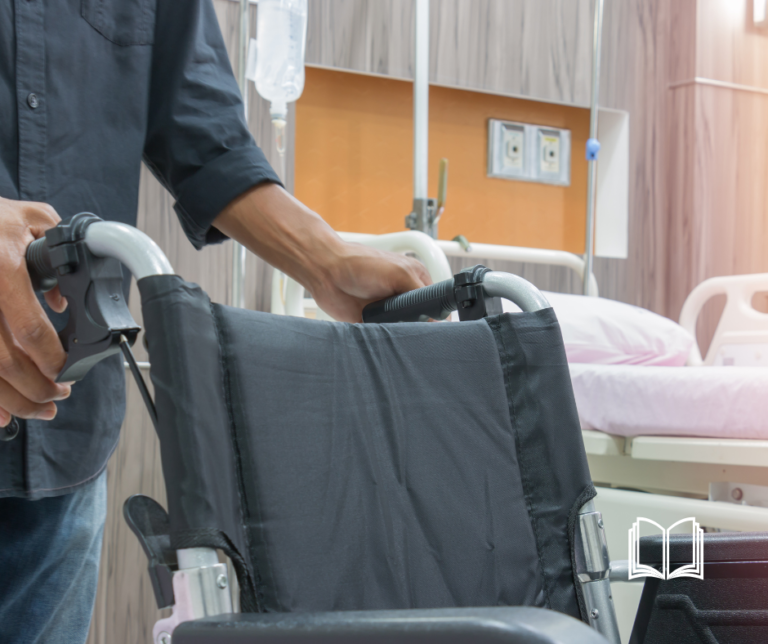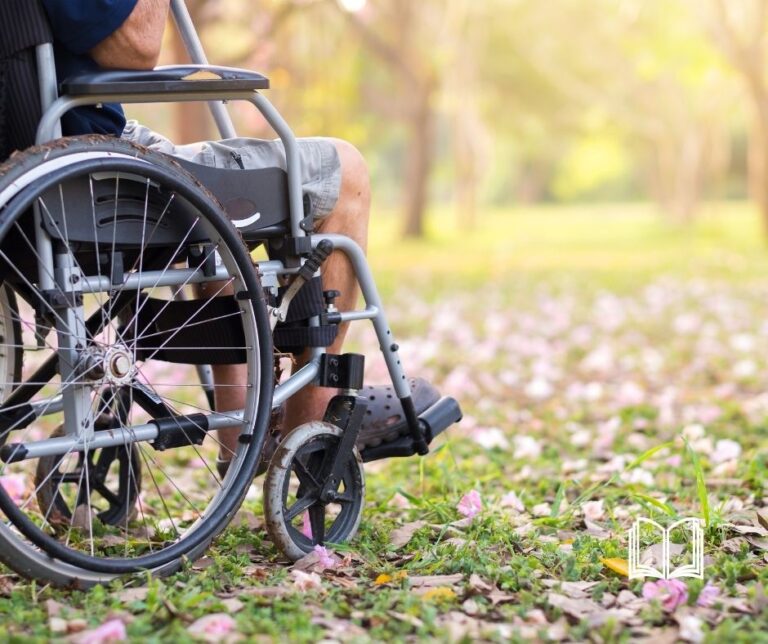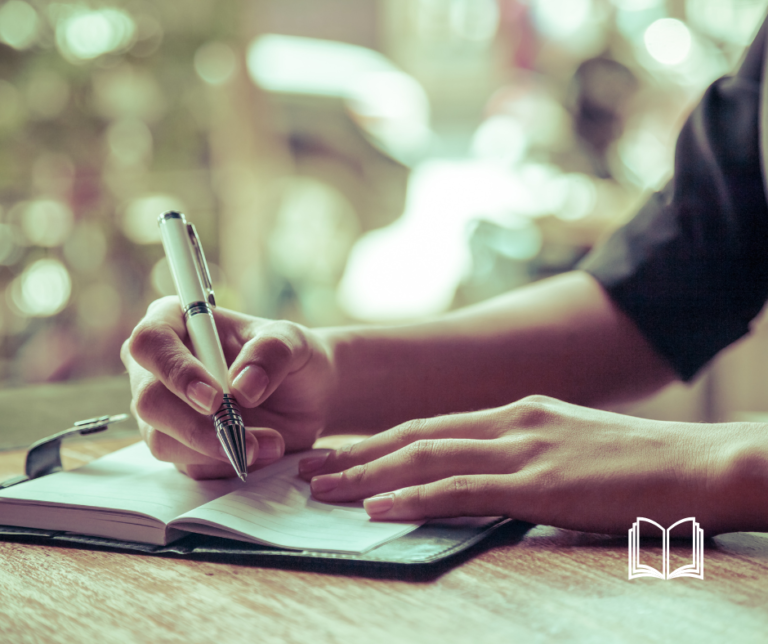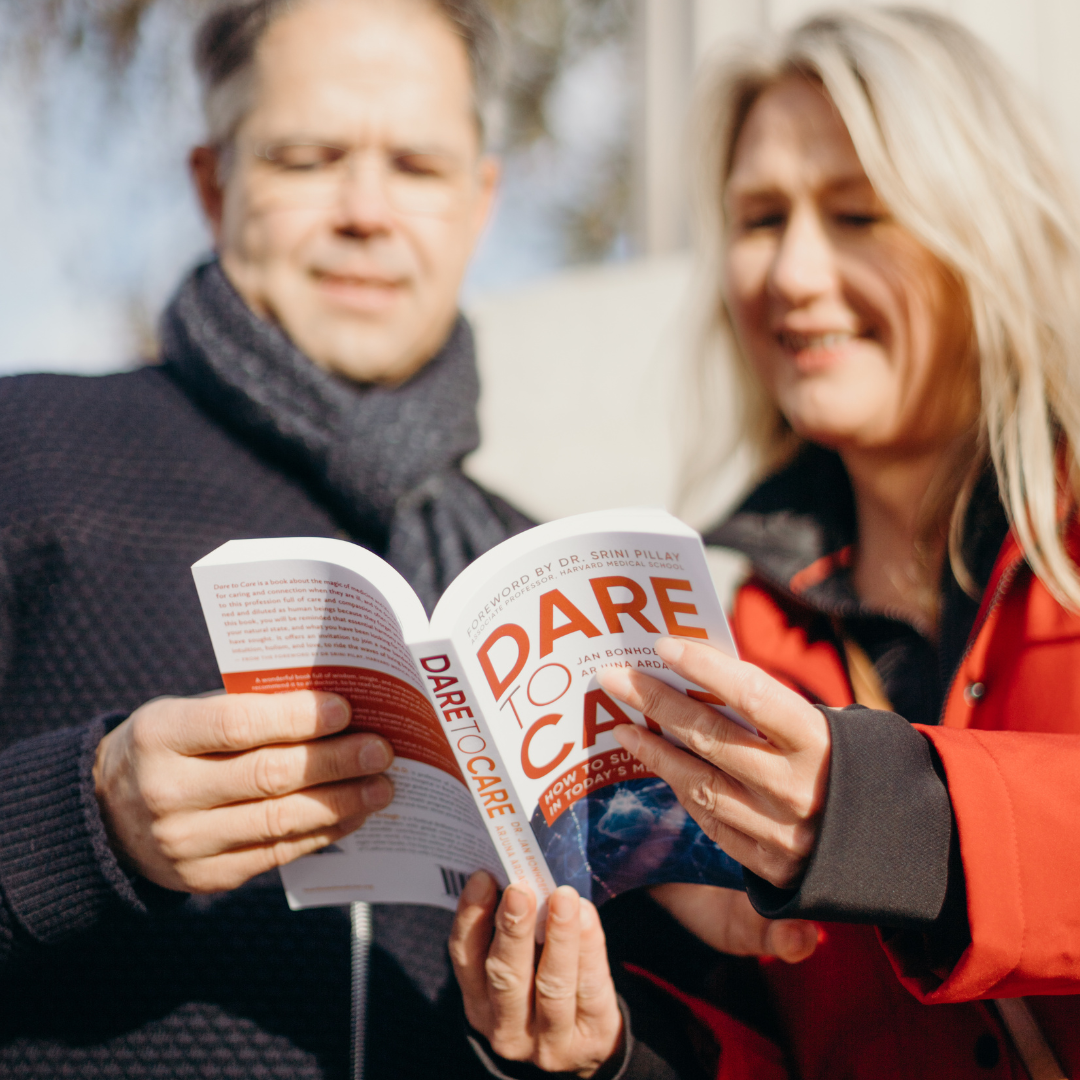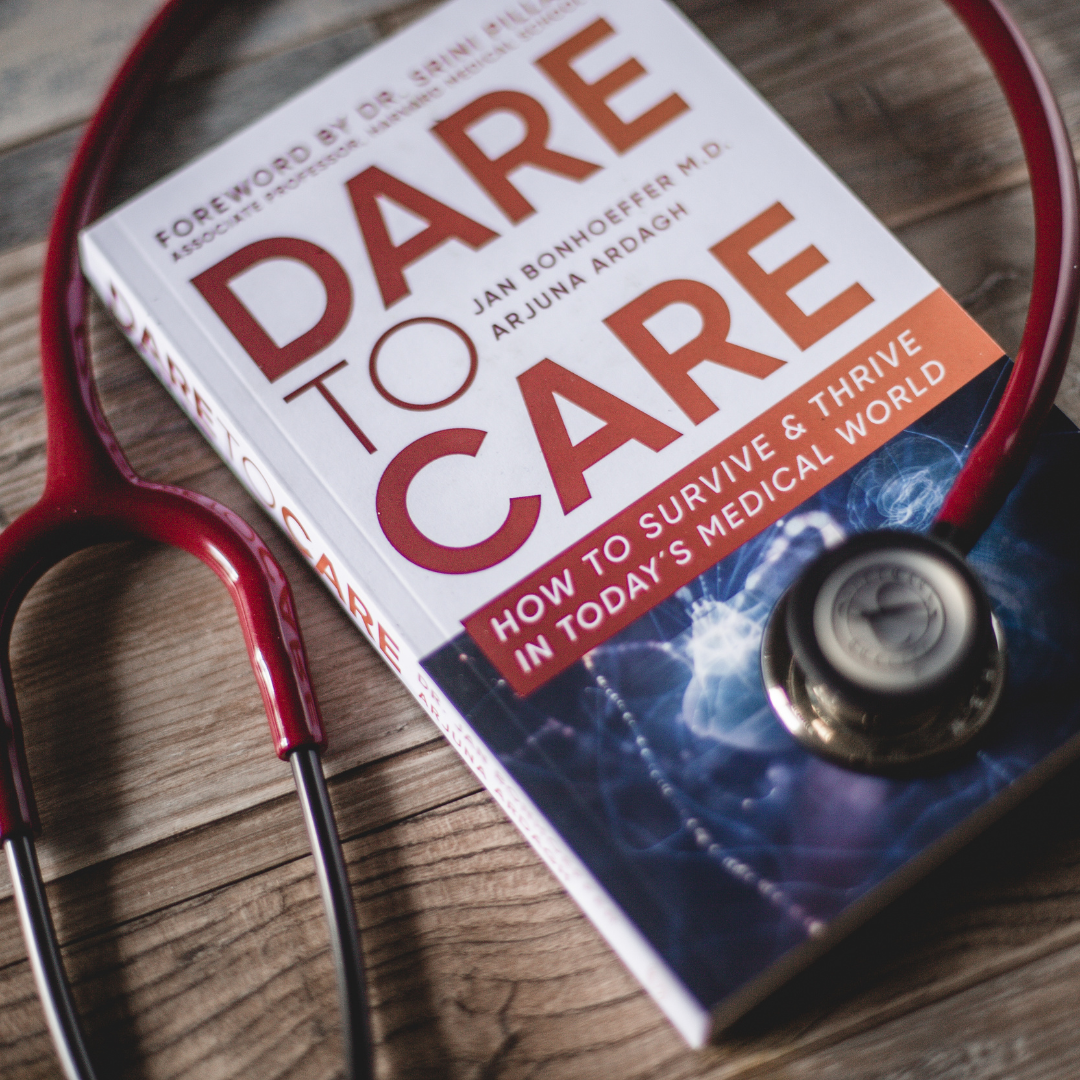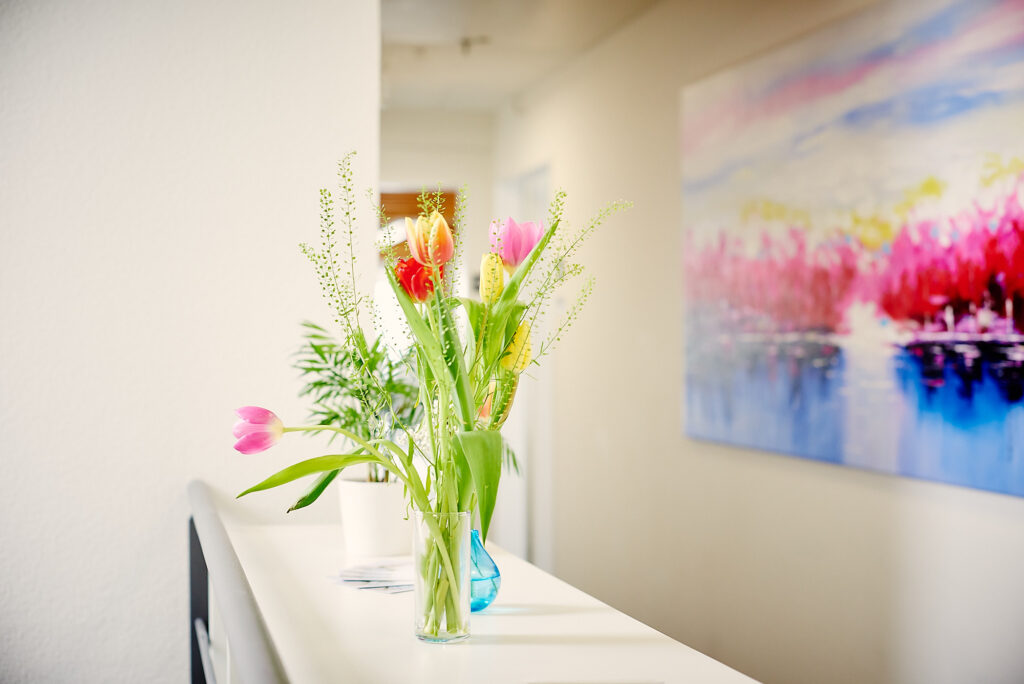It’s time to turn our attention to improving the sleep you do get so that you can reap the benefits of nature’s nightly medicine.
Sleep as we now know restores body and brain, as well as recalibrating us emotionally. To get the most from this nocturnal cleanse it makes sense to prepare for slumber.
The body’s 24-hour internal clock keeps good time and uses daybreak and nightfall to ascertain whether you should be asleep or awake. Modern life sees us manipulating these regular planetary rhythms with the use of artificial light, electronic devices and controlled temperatures. Meanwhile, man-made stimulants such as tea, coffee, chocolate, alcohol and drugs give us the fuel we need to extend our activities beyond the boundaries we were born with.
Whether or not you view these contributing factors as positive or negative impacts on our development as a species, there is no question that insomnia is a modern epidemic.
A poll conducted by the National Sleep Foundation in 2005 revealed that roughly 30 % of the population of Western countries suffers from sleep disorders. Signs of sleep deprivation include poor memory and concentration, low mood, deterioration in performance, eating more without feeling satisfied and an increase in accidents and injuries.
Practicing good ‘sleep hygiene’ (which, disappointingly, has nothing to do with how clean your bedding is!) optimizes the hours you spend asleep by harmonizing you with your natural rhythms.
Adopting these six healthy practices will have you sleeping soundly in no time:
1. Be a creature of habit.
This is probably the most crucial tip of all for getting into a healthy sleep routine. Hitting the pillow and waking up at the same time every day – sorry, weekends are not exempt – trains your body to get tired at the same time every night. Exercising for at least 30 minutes each day is also important, but make it no later than 2 – 3 hours before bedtime to avoid an upswing in cortisol. Hot baths can also help you feel sleepy as your body rushes to get rid of excess heat and drops your core temperature.
2. Sleep like your ancestors.
Our bodies were designed to sleep with the moon and rise with the sun. If this isn’t naturally possible, investing in blackout blinds, sleep masks and earplugs will create similar sleep conditions. A comfortable sleeping environment will also help you drift off. Keep bedroom temperatures to around 18 degrees Celsius. Choose a supportive mattress and pillow with natural bedding that keeps temperatures even. Remove all electronic devices and turn your alarm clock away from you so you don’t spend the night clock-watching.
3. Power down and drop off.
Your hardworking brain needs to slow down before it can stop. Switching off your screens an hour before bed and choosing a relaxing pastime like reading or listening to restful music will reset your racing mind for the transition into deep sleep. You should also avoid caffeinated drinks, chocolate, alcohol, nicotine and heavy meals late in the day. Caffeine can take up to 8 hours to wear off while alcohol, drugs and heavy meals can all stimulate your liver, which will interfere with your ability to sleep properly.
4. Blue screens, restless dreams.
Blue light from your phone, laptop or TV is known to interrupt the circadian rhythm that directs our sleep/wake cycle and suppresses melatonin, the chemical that induces sleep. Adjust your screens to night mode. Switching to mellow yellow low-level light sources like candles and lamps in the evenings will also help prepare you for the Land of Nod.
5. A ray of sunshine.
Getting some sunshine or bright light in the morning, you’ll help your circadian rhythm keep the natural beat of your body. Vitamin D can help in darker seasons.
6. Supplementary support.
Supplements can help to sustain and improve your health. Popular sleep-enhancing supplements include:
-
- Melatonin – The granddaddy of sleep supplements, melatonin is a chemical your body makes naturally to induce sleep. Take it 30 minutes before bed.
- Valerian Root – This plant extract is most commonly used to treat insomnia but evidence also suggests it can be used to treat the symptoms of anxiety as well. Its effectiveness is backed by multiple clinical studies.
- Magnesium – Magnesium is critical to many functions in the human body, and its deficiency can cause many problems – including sleep issues.
- L-Theanine is an amino acid found in tea leaves and some mushrooms that promotes relaxation and sleep.
- Phenyl-GABA (Gamma-Aminobutyric Acid), a naturally occurring amino acid found in food and a potent neurotransmitter in the brain. It calms the brain and relieves stress. It is available in combination with L-Theanine for synergistic effects.
If you’ve tried everything on this list and still find yourself staring at the ceiling in the dark after 20 minutes, get up and do something that makes you sleepy, like reading or meditating. The anxiety of not being able to sleep can make it harder to fall asleep. Cognitive Behavioral Therapy (CBT) is another technique renowned for relieving insomnia and failing all else take a 30 minute nap before 3pm.
If you have your own tried and tested tips for better sleep, we’d love to hear about them in the comments. Sweet dreams!
Disclaimer: The views and opinions expressed in this article are those of the author and do not necessarily reflect the views of the Heart Based Medicine organization. They are not intended to diagnose, treat, cure or prevent any disease. They are the expressed opinion of the author for the sole purpose of educating the public regarding their health and wellbeing. Individual results may vary. Seek the advice of a competent health care professional for your specific health concerns.
